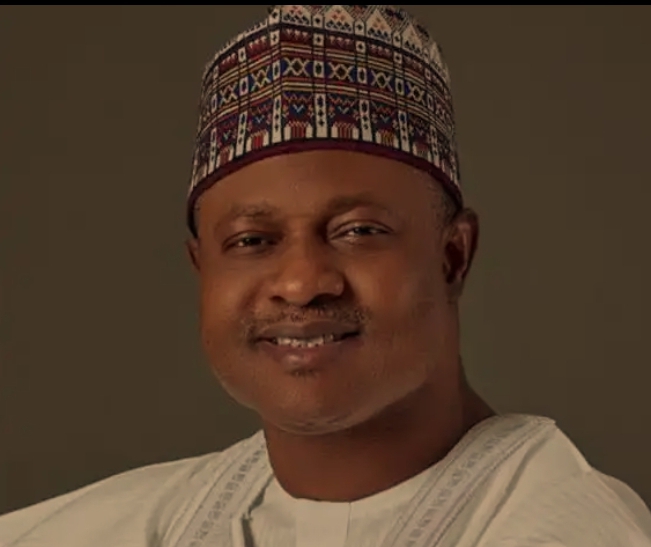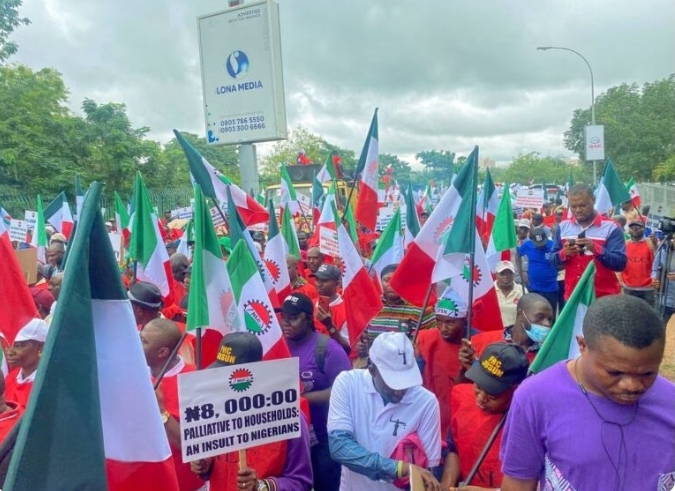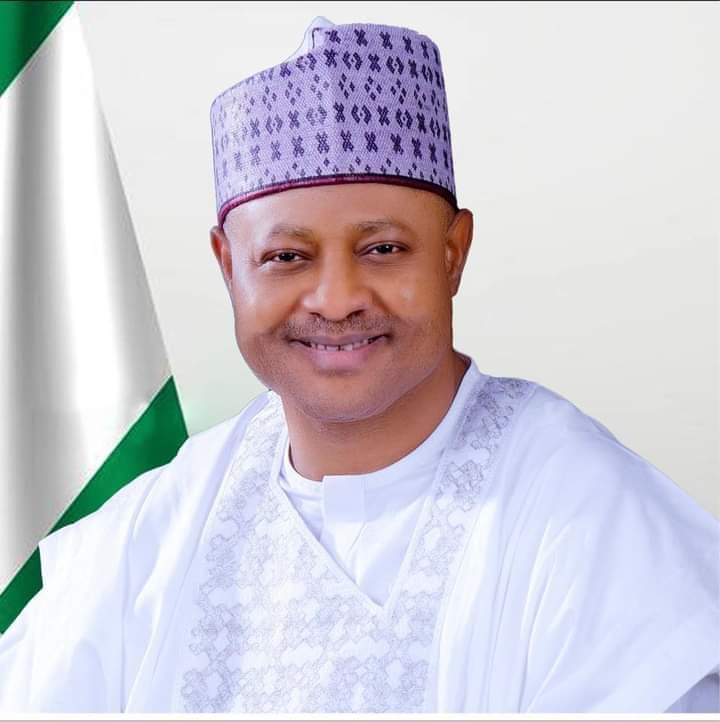Governor Uba Sani of Kaduna State has expressed profound disappointment with certain prominent media outlets.
His disappointment stems from what he perceives as misleading reports regarding the judgment delivered by the state’s governorship election petitions tribunal.
The tribunal, on a Thursday, made a pivotal decision to dismiss the petition put forth by the governorship candidate of the People’s Democratic Party (PDP).
This petition had contested Governor Sani’s victory in the governorship election held on 18th March in the state.
The tribunal, in its judgment, concluded that the petition lacked merit.
During an interview on Channels TV’s “Politics Today,” Governor Uba Sani did not hold back his criticism of these media houses.
He accused them of allowing themselves to be manipulated as instruments of opposition propaganda.
Governor Uba Sani, a staunch advocate of democracy and the rule of law, expressed his appreciation for the democratic process.
He commended Isah Ashiru, the PDP candidate, for taking the legal route to ventilate his concerns.
Uba Sani highlighted that approaching the tribunal is a fundamental right within a democratic system.
He stated, “Today, the tribunal has made its judgment, and it dismissed the case.
That is why in my own statement, I called on him and his supporters and my supporters to calm down.
It’s about moving Kaduna State forward. I thank him for contesting the election.”
Governor Uba Sani emphasized the clarity of the tribunal’s judgment, dispelling any notion of confusion. He drew upon his experience in drafting electoral laws to explain that the case was dismissed purely due to its lack of merit, with the preliminary objection being promptly rejected.
Governor Uba Sani also touched upon the role of media in political battles, distinguishing between winning a political battle and winning a propaganda battle.
He expressed his profound disappointment in certain “big media houses” that he believed had been misled by the PDP’s misinformation campaign.











